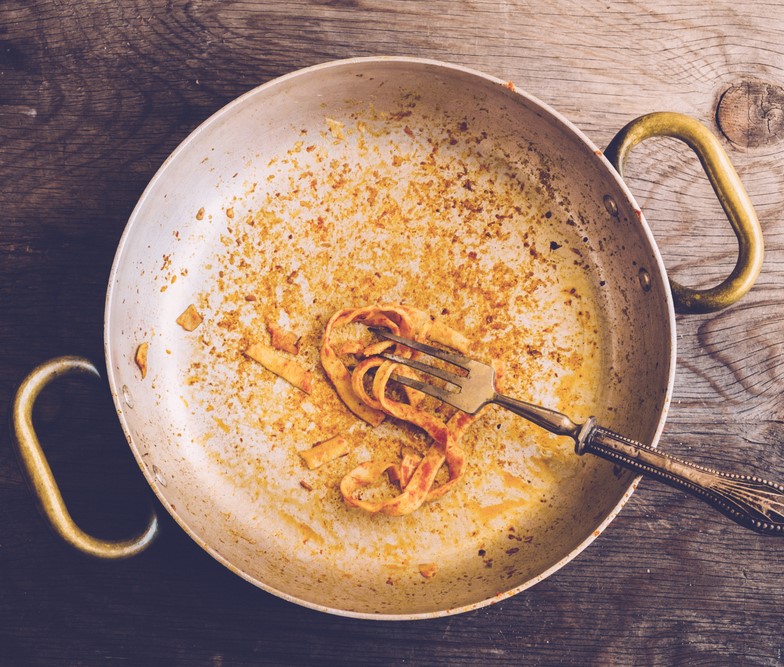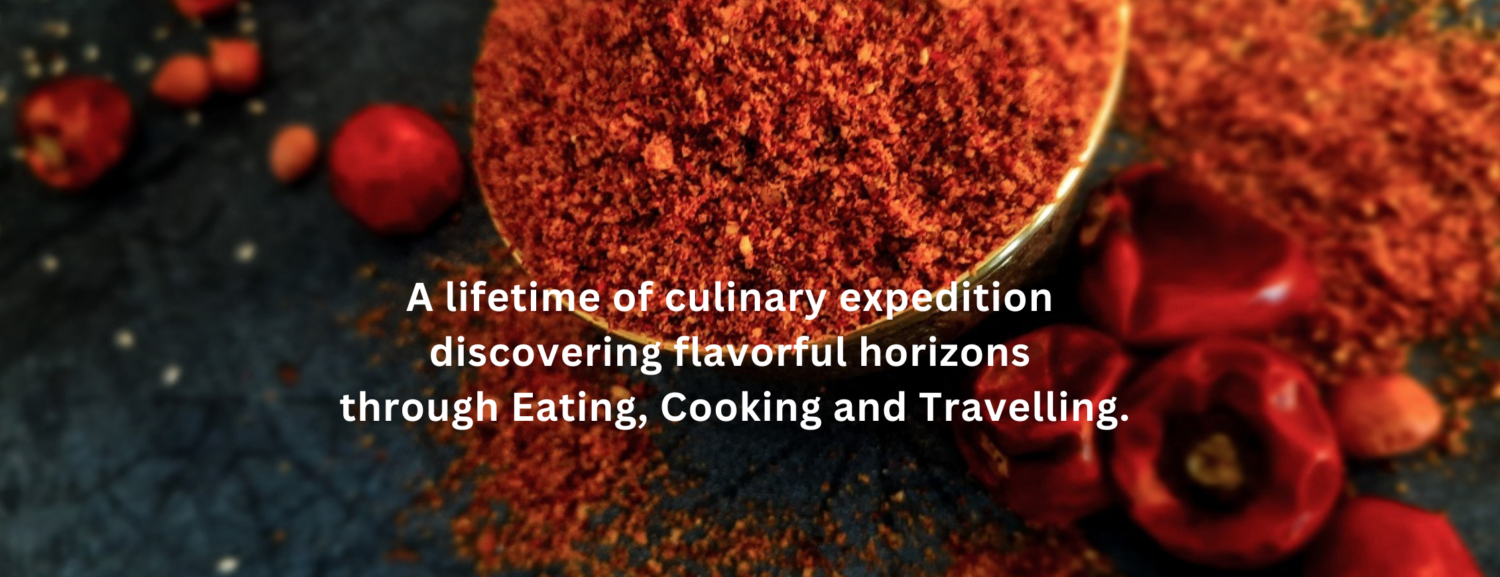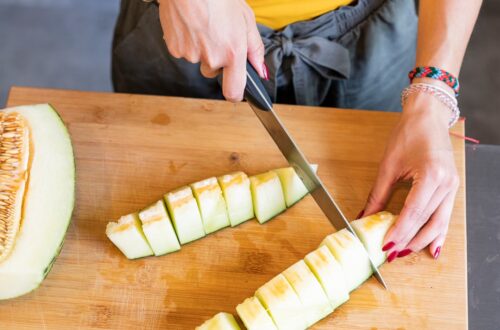
Repurposed Leftover Food When I was a Kid
These days the conversation has shifted towards addressing food wastage and finding ways to reduce it, along with efforts to minimize the use of plastics and garbage bags. It’s interesting to reflect on how, in the past, leftover food served a valuable purpose as feed for pigs. This practice contributed to both reducing waste and supporting the local agriculture industry.
During the 1960s and possibly the early 1970s in Singapore, the role of the pig swill collector was indispensable for nearly every household. This individual would go from house to house, gathering leftover food to be used as swill for the pig farms. At that time, most houses lacked the convenience of chutes or modern garbage bins.
Each household typically had a metal can, often repurposed from old paint cans. I don’t know whether these cans were provided by the government or the farmers. We would deposit all leftover food and food scraps into this can and hang it outside the house. The food wastage in that can will carry a strong, unpleasant scent that can be reminiscent of decay and fermentation and somewhat nauseating especially on hot days. I now know that heat can increase activity of bacteria and enzymes to break down the food.
The swill collector would visit every house daily, equipped with a sizable metal drum fitted with handles. He would transfer the contents of each household’s food waste cans into this large drum. With the assistance of a partner, the filled drum would be loaded onto a lorry and driven away. If I happened to be at home, I was usually tasked with bringing the can inside, washing it, and ensuring it was thoroughly dried.
Upon the arrival of the pig swill collector, his presence was immediately detectable – the unmistakable scent of rancid food filled the air! If the pig swill collector failed to make his rounds on a given day, we would have to find an alternative way to dispose of the waste.
The pig farmers were appreciative individuals. Once a year, during the Chinese New Year period, they would express their gratitude by gifting each household either a live chicken or a tray of eggs.
I now know that similar practices of collecting food waste scraps persist in many countries, such as South Korea and Japan. The collected food waste undergoes treatment before being repurposed as nutritious animal feed.
#chefdevagisanmugam #diningwithdevagi #foodwastage #worldfoodprogramme #foodwastagesingapore #foodinsecurity #nofoodwasted #pigfarm #foodrecycling #zerowastehome #kampongdays #singaporediaries #sustainable






